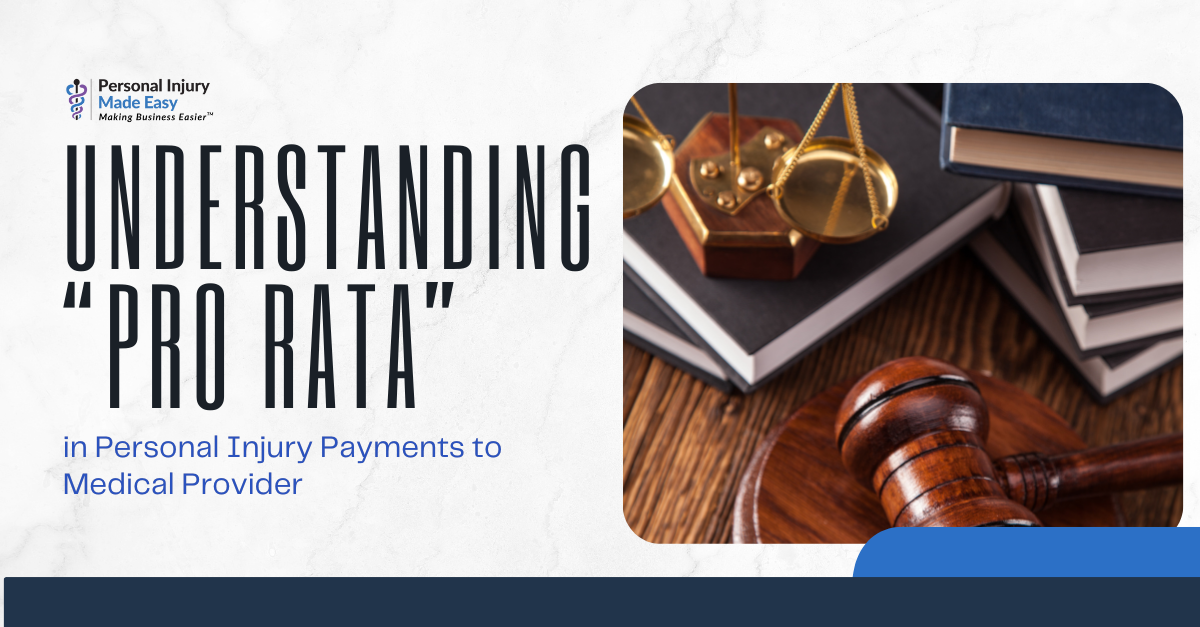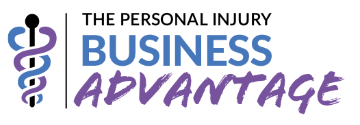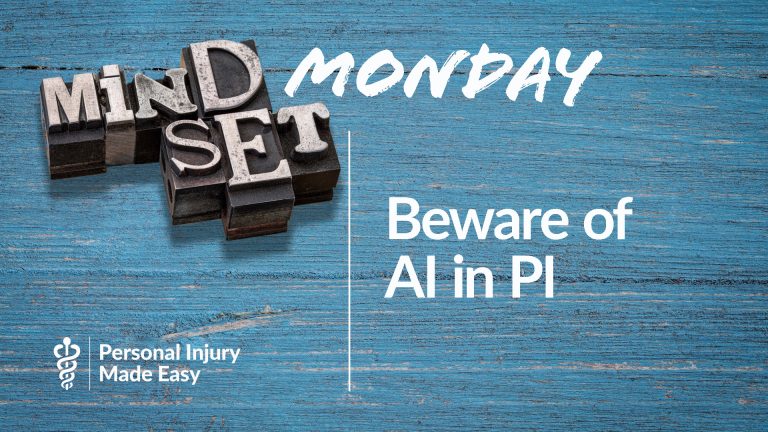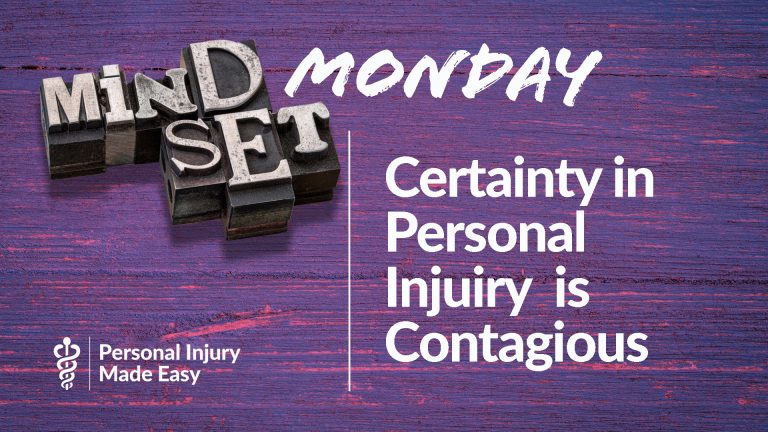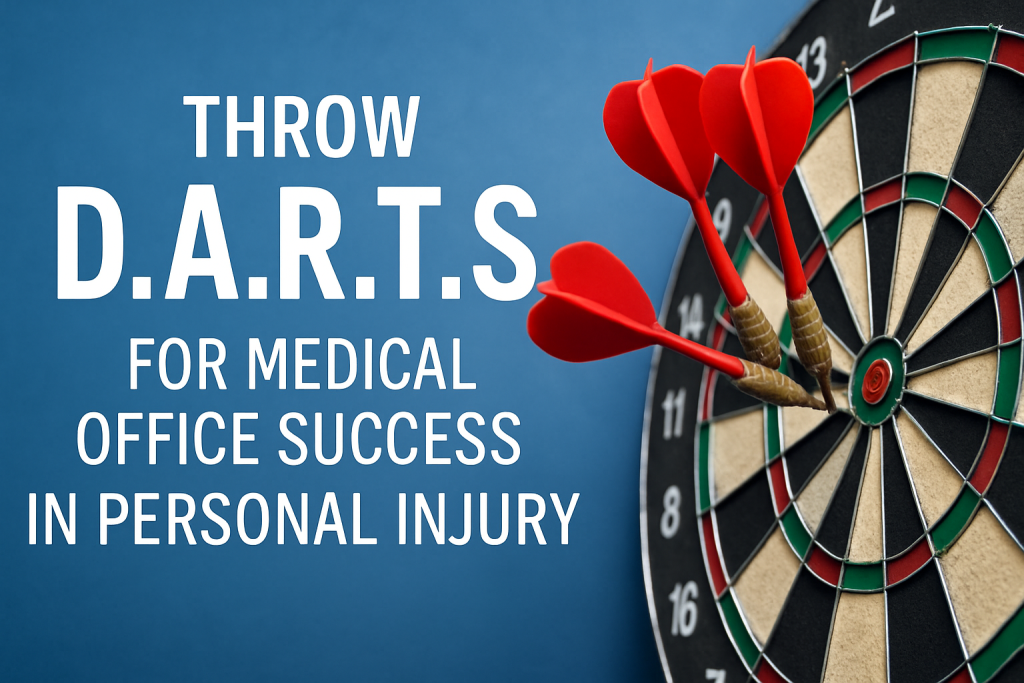
Throw D.A.R.T.S. for Medical Office Success in Personal Injury
A precision-based framework for patients, profits and enhanced PI performance
Let me ask you something simple but powerful:
Are you running your personal injury (PI) practice segment like you’re hoping to hit the bullseye—or are you training your team to hit it every time?
Because there’s a big difference between chucking darts at a board and throwing D.A.R.T.S. with purpose. One is gambling. The other is operational excellence.
Today, I want to give you a framework that separates high-performing PI medical offices from the rest. It’s simple, powerful, and easy to assign across your team. It’s called D.A.R.T.S.: five roles or functions that, when executed with clarity, will transform how you deliver care, collect revenue, and build long-term legal referral relationships.
D – Distinctive Delivery
This is your wow factor. It’s how your patients feel seen, heard, and valued—from the first call to the final check-in.
This isn’t fluff. This is your brand. In PI, where patients are often confused, injured, or skeptical, your ability to stand out with Distinctive Delivery becomes your reputation.
Train your team to overcommunicate, guide patients step by step, and turn routine appointments into trust-building opportunities. Every patient should be treated as the unique individual they are—not as a number. That’s how you turn a one-time patient into a long-term advocate…or even a raving superfan and referral engine.
A – Accurate Accounting
Here’s where many offices break down.
We expect money to just “come in” when the case settles—but unless you have Accurate Accounting, your books turn into a guessing game.
And it’s not just about QuickBooks or spreadsheets. The reality is that 80% of medical offices will encounter some form of staff embezzlement or fraud—and that risk is even higher in PI, where third-party checks, long receivables, and unclear payout structures make missteps easy and dangerous.
Split duties. No single person should be writing checks, intaking payments, depositing funds, and reconciling accounts. Those roles must be separated. And every PI office should undergo spot audits by a CPA, quarterly at minimum, ideally monthly.
Accuracy builds internal trust—and safeguards your future. A PI office without strong, secure accounting isn’t lean. It’s leaking.
R – Relentless Resolution
This is the battleground—and often the most neglected role.
Who is relentlessly resolving open PI cases? Who ensures law firms receive final discharge bills? Who follows up on unresolved liens, status updates, and reduction requests?
Relentless Resolution isn’t just about billing or tracking. It’s about owning the outcome. Because liens don’t pay themselves. And attorneys aren’t chasing you to get you paid. You must assert yourself—with professionalism and precision.
That’s why I developed and refined the DISRUPTIVE Method—a Negotiation Aikido approach where healers out-negotiate warriors. Because in PI, getting paid is a contact sport. And mindset and method matter—a lot.
T – Targeted Tracking
You can’t manage what you don’t measure. And in PI, you can’t make smart decisions without tracking the right data.
Targeted Tracking means capturing the most critical case details:
MedPay or PIP status, liability issues, policy limits, treatment gaps, missed appointments—everything that impacts collectability.
But tracking doesn’t stop with patients. You also track law firm performance: how long they take to pay, how often MedPay is hijacked, how much stress they cause your staff, and how reliable they are in honoring balances.
Targeted Tracking converts emotion-based decisions into data-driven actions. It gives you time to pivot, respond to red flags, and seize green-light opportunities—before it’s too late.
This is where legal meets medical. It’s where the game is won or lost.
S – Strategic Systems
Finally, we bring it all together with Strategic Systems.
This is how you build sustainable workflows. SOPs, checklists, handoffs, and backups. It’s how you scale without spiraling. It’s how one team member can step in for another—without chaos.
Systems may not feel sexy, but they are the difference between burnout and bandwidth, between confusion and confidence.
The Takeaway
Most PI offices throw darts and hope they stick. But the ones that dominate know they need to throw D.A.R.T.S.—with defined roles, sharp accountability, and measurable execution.
Assign each letter to the right team member. Audit your strengths. Identify your gaps. Then watch how quickly your revenue, reputation, and results improve.
All these aspects are core to what I teach my own coaching program members about how to be successful in the “business” of healing. You can and should embrace this too.
Don’t throw darts. Throw D.A.R.T.S.
And win at personal injury—on purpose.




